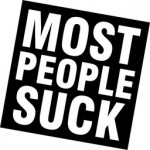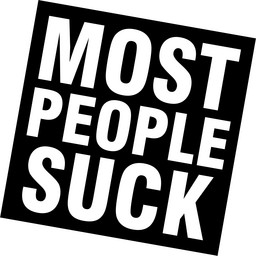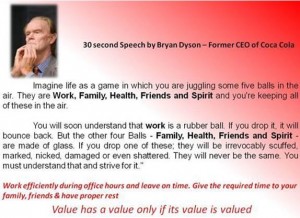…the air out of a room when you make it all about you.
…the life out of everyone around you when you make it all about you.
…the joy out of every endeavor when you make it all about you.
…the lightness out of every quest when you make it all about you.
…the potential out of every business when you make it all about you.

You fill.
…every room,
…every person,
…every endeavor,
…every quest,
…every business with life, with energy, with potential,
When you make it all about them.
++++
The challenge is to serve, solve and delight from a place of genuine personal interest without relying on the experience to complete you. Be who you are, but can you be a filler rather than a sucker. That didn’t come out totally the way it was meant, but either way…who would want to be a sucker?
Agree, disagree…need more latte?
Reprinted with permission from personal development and marketing blog – JonathanFields.com












